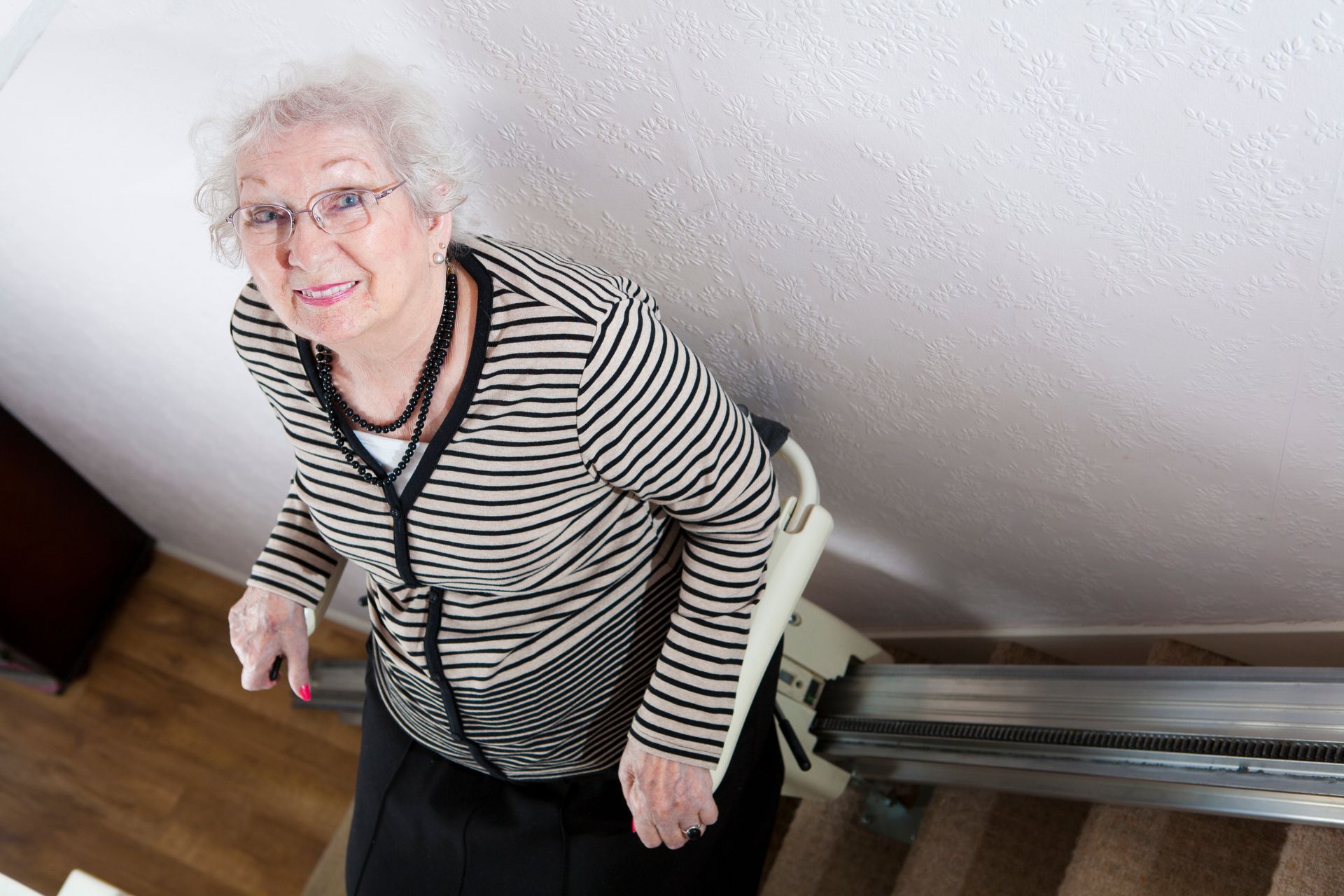
How Home Modifications Can Promote Safer Aging in Place
It’s certainly true that there’s no place like home. However, growing older may bring certain challenges, particularly when it comes to mobility and safety within the home. Fortunately, there are a number of home modifications and adaptations that can be made to foster independence, enhance safety, and promote comfort for older adults. These modifications empower individuals to continue living in the homes they love for a lifetime.
Here are eight areas in which home modifications may be beneficial for someone you love:
- Entrance and Exits: Installing sturdy handrails and ramps can make entering and exiting the home easier for people with mobility issues or those who use mobility aids such as walkers or wheelchairs. Additionally, installing proper lighting at entrances minimizes the risk of falls, especially during nighttime.
- Bathroom Safety: The bathroom can be a hotspot for accidents due to slippery surfaces. Installing grab bars near the toilet and shower, along with non-slip mats, can significantly reduce the risk of falls. Consider replacing a traditional tub with a walk-in shower equipped with grab bars for added convenience and safety.
- Accessible Toilets and Showers: In addition to grab bars and non-slip surfaces, consider installing raised toilets and curbless showers with built-in seating for someone with mobility challenges. These modifications not only enhance safety but also ensure comfort and dignity.
- Kitchen Accessibility: Many older adults find joy and fulfillment in cooking and preparing meals. To support this independence, consider installing pull-out shelves to eliminate the need for reaching high cabinets. Lever-style handles on faucets and easy-to-grasp knobs on appliances are small yet impactful modifications.
- Bedroom Comfort: Adequate rest is crucial for a person’s overall well-being. Adjustable beds can make getting in and out of bed easier, while bedside rails provide support and stability. Additionally, make sure pathways from the bedroom to the bathroom are clear and well-lit to prevent nighttime accidents.
- Flooring and Surfaces: Opt for flooring materials that offer both traction and comfort, such as non-slip tiles or low-pile carpeting. Remove loose rugs or secure them with double-sided tape to prevent tripping hazards. Smooth transitions between different flooring surfaces can also facilitate safe movement throughout the home.
- Doorway Widening: For individuals using mobility aids like wheelchairs or walkers, widening doorways can make it much easier to navigate through the home. This modification enhances accessibility and promotes a greater sense of freedom and independence.
- Smart Home Technology: There are so many safety and convenience benefits to discover in smart home technology. From automated lighting and thermostats to remote-controlled door locks and emergency response systems, these innovations offer peace of mind for both older adults and their loved ones.
Home modifications play a vital role in promoting safer aging in place for older adults. By addressing mobility limitations, enhancing accessibility, and minimizing potential hazards, these adaptations empower older adults to maintain their independence and continue living comfortably in their own homes. Investing in home modifications is not just about improving safety; it's about preserving dignity, autonomy, and the cherished sense of home.
At Traditions Home Health Services, we’re pleased to offer safety assessments of the home and provide recommendations specific to a person’s particular needs and challenges. We can then further enhance safety, comfort, and joy for older adults through our full range of in-home care services.
Contact us at 617-376-3711 to schedule your complimentary in-home consultation and discover how our skilled care providers (also known as Joy Ambassadors!) can improve quality of life for someone you love! We’re available to help in Boston, North Shore, South Shore, and throughout Eastern Massachusetts, and our live-in care services are also available throughout New Hampshire, Vermont, Maine, and Massachusetts.



